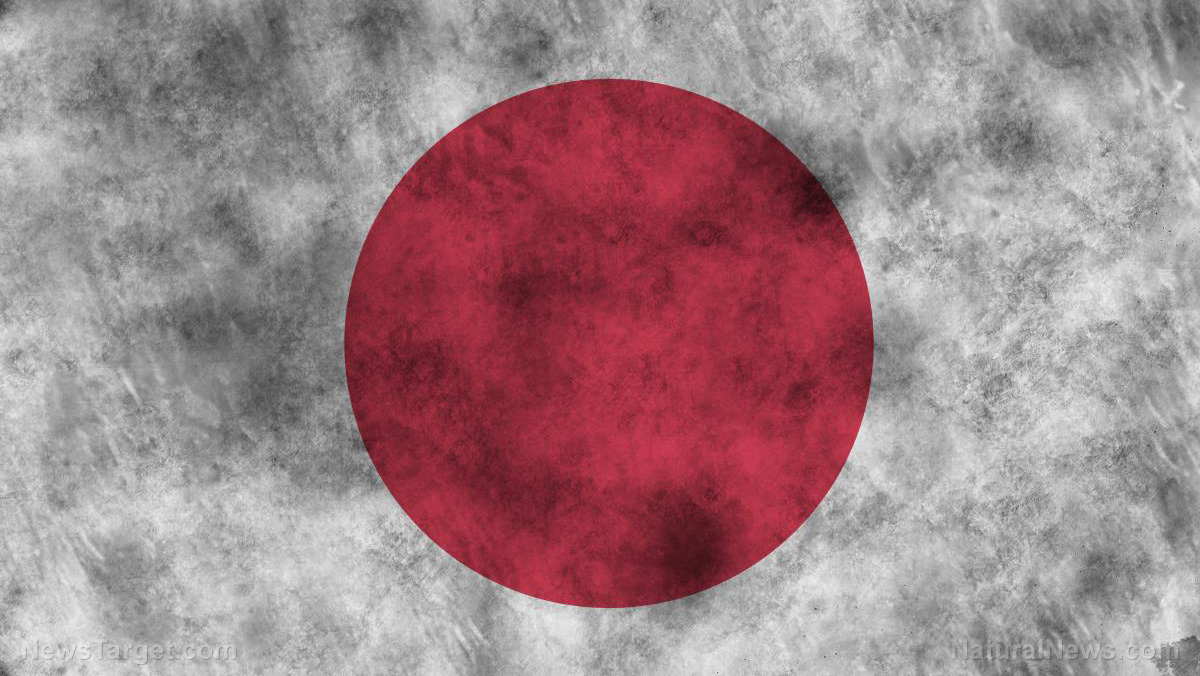Exploring the benefits of FASTING for treating COVID-19 and vaccine injuries
04/22/2024 / By Laura Harris

Fasting is traditionally recommended to address diabetes and manage weight, but research has shown that it can also possibly address Wuhan coronavirus (COVID-19) infection and injuries caused by the COVID-19 vaccine.
According to the Epoch Times, fasting has a rich history spanning thousands of years. Breakfast, the first meal of the day, stems from the practice of ending the overnight fast from when one sleeps to when one wakes up the next day. Hippocrates, the father of medicine is said to have advised against eating while sick as doing so would only feed the illness. (Related: Dietitian discusses 4 health benefits of fasting.)
The practice also plays a big part in various religions, with Chinese Buddhists traditionally fasting after their noon meal until the following morning. Meanwhile, Muslims observe fasting from dawn to dusk during the month of Ramadan.
There are two main forms of fasting – prolonged fasting (PF) that lasts for at least 36 hours and intermittent fasting (IF) that involves shorter period of 12 to 24 hours. PF tends to be more effective than IF at activating the reset and renewal of cells and tissues.
But according to the Front Line COVID-19 Critical Care Alliance (FLCCC), fasting is a recommended first-line treatment for “long COVID” and post-vaccine symptoms. It explained that fasting, in these cases, aims to stimulate autophagy – a process that breaks down and recycles cellular components and proteins. One kind of autophagy called chaperone-mediated autophagy specializes in protein degradation and typically activates after 24 hours of fasting.
We are building the infrastructure of human freedom and empowering people to be informed, healthy and aware. Explore our decentralized, peer-to-peer, uncensorable Brighteon.io free speech platform here. Learn about our free, downloadable generative AI tools at Brighteon.AI. Every purchase at HealthRangerStore.com helps fund our efforts to build and share more tools for empowering humanity with knowledge and abundance.
FLCCC doctors believe that SARS-CoV-2 spike proteins – whether from the infection or the vaccine – play a significant role in patients’ symptoms. These spike proteins can lead to inflammation, micro-clotting, mitochondrial dysfunction, autoimmune disorders, neurological issues and other complications.
Autophagy triggered by fasting can break down these SARS-CoV-2 spike proteins. Therefore, the FLCCC recommends a PF period of at least 72 hours, with a longer PF period if the patient can tolerate it.
Healthcare professionals attest to effects of fasting on COVID-19
Several healthcare professionals shared to the Epoch Times some of the effects they have seen on either COVID-infected or vaccine-injured patients that have undergone PF.
Internist Dr. Syed Haider said he has had patients who experienced a complete reversal of symptoms during prolonged fasts. Nurse practitioner Scott Marsland, who treats long COVID and vaccine injury, attested to the internist’s remarks. He noted that patients often see an improvement in their brain fog in the later hours of their 72-hour fast.
According to Marsland, fasting has likely helped reduce all known symptoms of long COVID and vaccine injury. Observations by the nurse practitioner suggest that diligent adherence to a fasting schedule, particularly prolonged fasting, leads to decreased spike protein levels. However, there is no definitive test for spike protein reduction.
Dr. Jordan Vaughn, another internist, has observed that as patients’ symptoms improve, their levels of anti-spike antibodies tend to decrease. But Marsland has cautioned that the antibody test is not foolproof, as some patients may not show positive results despite spike protein remnants in their bodies.
Factors like immune dysregulation, immunosuppression, or immune deficiencies can limit antibody production. In addition, initial adverse effects on the antibody test can occur in overweight individuals, as spike proteins tend to accumulate in fat, evading immediate detection.
Head over to Fasting.news to learn more about the benefits of fasting.
Watch this video that shares some recipes suitable for those doing IF and are on a ketogenic diet.
This video is from the Idarell202 channel on Brighteon.com.
More related stories:
Intermittent fasting 101: How many hours do you have to fast to reap its benefits?
Skipping meals: Study says fasting can boost brain health, increase weight loss.
Japanese scientists discover new benefits of fasting.
Sources include:
Submit a correction >>
Tagged Under:
alternative medicine, autophagy, covid-19, fasting, food science, health science, infections, natural cures, natural health, natural medicine, outbreak, pandemic, remedies, research, spike protein, vaccine damage, vaccine injury, vaccines, Wuhan coronavirus
This article may contain statements that reflect the opinion of the author




















